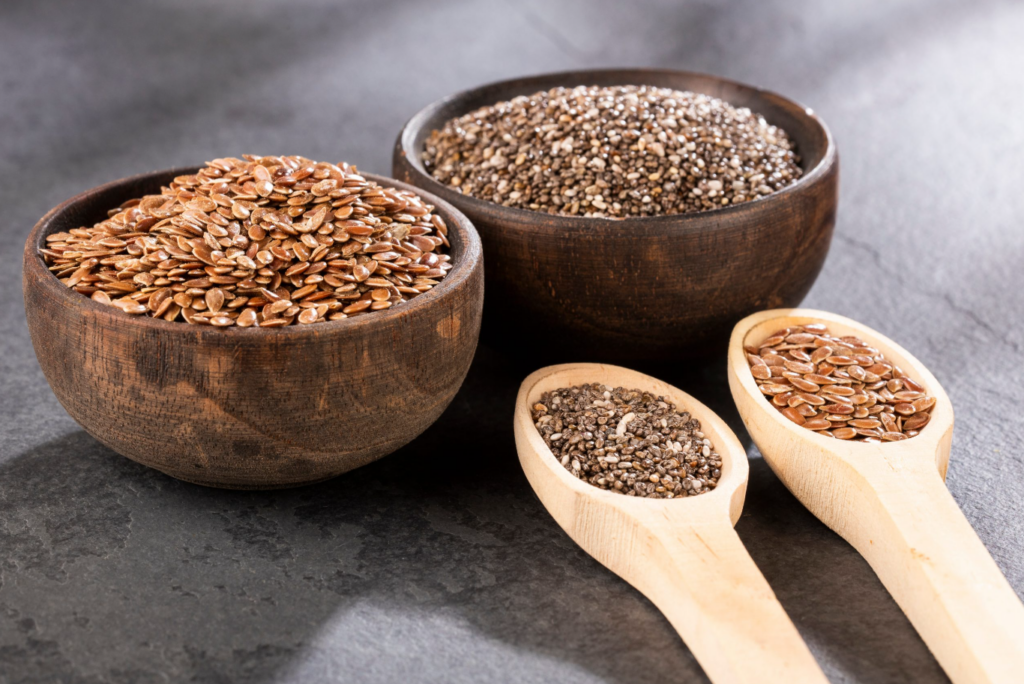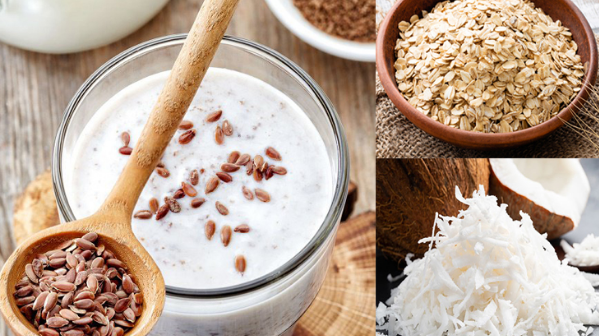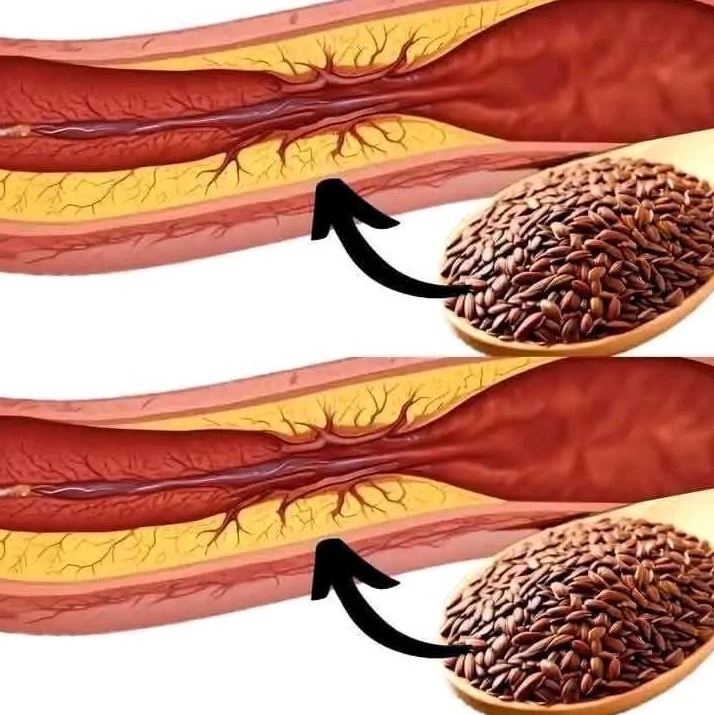Flaxseeds, also known as linseeds, are tiny, nutrient-rich seeds that pack a powerful punch of health benefits. Whether ground, whole, or in oil form, flaxseeds are a versatile superfood that can enhance your diet and overall well-being. Let’s dive into the many benefits of flaxseeds, how to use them, and why they deserve a spot in your kitchen.

Nutritional Profile of Flaxseeds
Flaxseeds are a rich source of omega-3 fatty acids, particularly alpha-linolenic acid (ALA), which supports heart and brain health. They are packed with both soluble and insoluble fiber, aiding digestion and supporting gut health. Lignans, plant compounds with antioxidant and estrogen-like properties, provide hormonal balance and protection against chronic diseases. Flaxseeds are also a great source of plant-based protein, making them ideal for vegetarians and vegans. They are loaded with vitamins and minerals, including vitamin B1, magnesium, phosphorus, and selenium.
Health Benefits of Flaxseeds

- Heart Health:
Flaxseeds support heart health by reducing inflammation and improving cholesterol levels. They lower LDL (bad cholesterol) and raise HDL (good cholesterol), reducing the risk of cardiovascular disease. - Digestive Health:
The high fiber content promotes regular bowel movements, preventing constipation and improving overall gut health. Soluble fiber forms a gel-like substance in the gut, supporting digestion, while insoluble fiber adds bulk to stool. - Hormonal Balance:
Lignans in flaxseeds help balance hormones, easing symptoms of menopause and promoting hormonal health during the menstrual cycle. - Blood Sugar Control:
For individuals managing diabetes, flaxseeds help regulate blood sugar levels by slowing down sugar absorption and preventing spikes. - Weight Management:
Flaxseeds are low in calories but high in fiber, making them an excellent option for weight management by reducing appetite and supporting metabolism. - Skin and Hair Health:
Their omega-3 fatty acids and antioxidants improve skin and hair health, combating dryness and inflammation-related skin conditions. - Cancer Protection:
The lignans in flaxseeds provide antioxidant protection, which may lower the risk of certain cancers, including breast, prostate, and colon cancer. - Brain Health:
Regular consumption of flaxseeds supports brain health, improving cognitive function and reducing the risk of neurodegenerative diseases. Their omega-3 content may also alleviate symptoms of anxiety and depression.
How to Incorporate Flaxseeds into Your Diet

- Ground Flaxseeds:
Ground flaxseeds are easier to digest and absorb than whole seeds. Add them to smoothies, yogurt, oatmeal, or baked goods for a nutritional boost. - Flaxseed Oil:
Flaxseed oil is an excellent source of omega-3s. Drizzle it over salads, mix it into dressings, or add it to shakes, but avoid using it for cooking, as heat can degrade its nutrients. - Whole Flaxseeds:
Whole flaxseeds add a crunch to meals and are perfect for topping salads, soups, or granola. However, they should be chewed thoroughly to unlock their benefits. - Flaxseed Drink:
For a detoxifying and hydrating beverage, mix a tablespoon of ground flaxseeds with water and let it sit for a few minutes to create a gel-like consistency.
Tips for Using Flaxseeds
- Start with one to two tablespoons daily and gradually increase as your body adjusts.
- Store flaxseeds in an airtight container in the refrigerator to keep them fresh and prevent spoilage.
- Drink plenty of water when consuming flaxseeds, as their fiber content absorbs water and expands.
Precautions
While flaxseeds are generally safe, consuming them in excess can cause digestive discomfort due to their high fiber content. Pregnant and breastfeeding women should consult a healthcare provider before adding flaxseeds to their diet, as their hormonal effects may not be suitable for everyone. Flaxseeds can also interact with certain medications, such as blood thinners, so it’s important to consult your doctor if you are on medication.
Conclusion
Flaxseeds are a nutritional powerhouse that can benefit nearly every aspect of your health. From supporting heart and brain health to promoting digestion and hormonal balance, these tiny seeds pack a mighty punch. Incorporate flaxseeds into your daily routine to enjoy their impressive health benefits and enhance your overall well-being. Start small, get creative in the kitchen, and let these super seeds transform your diet!





